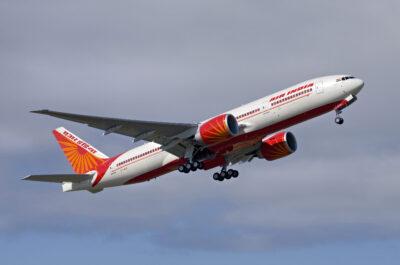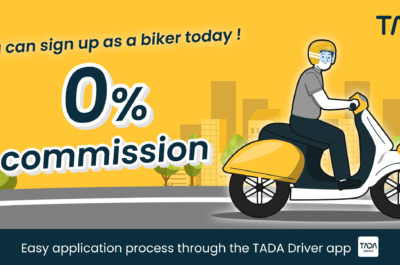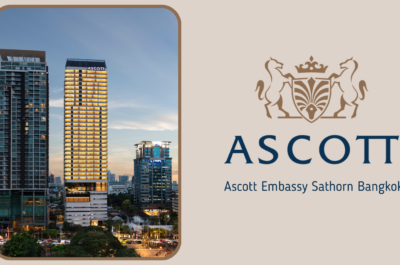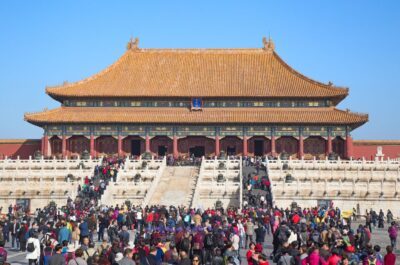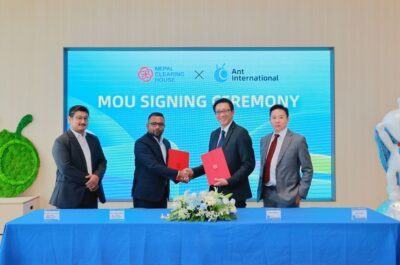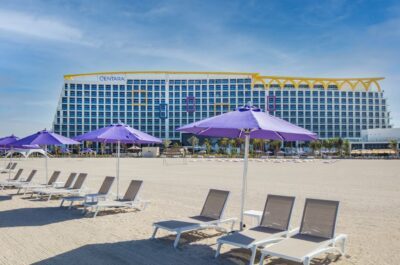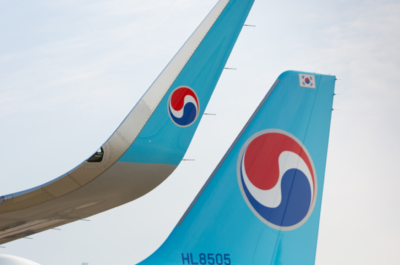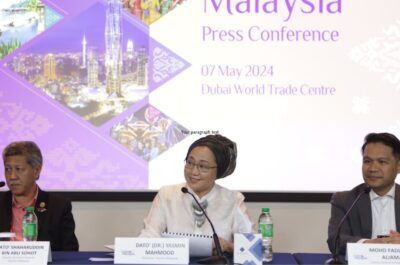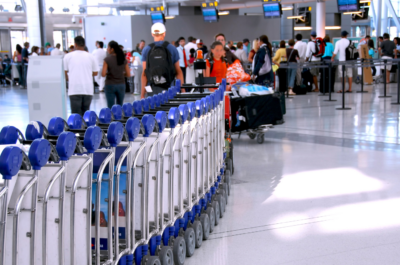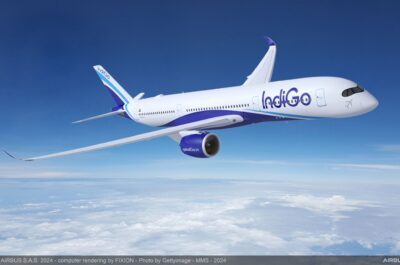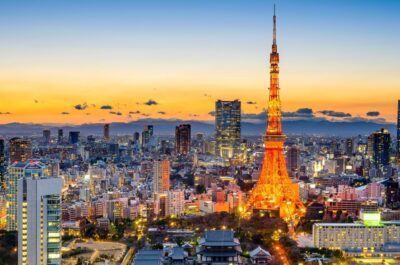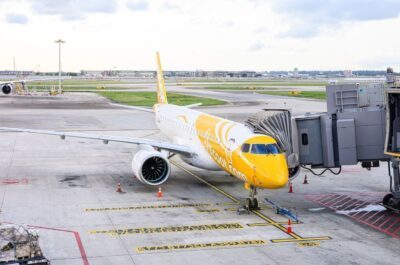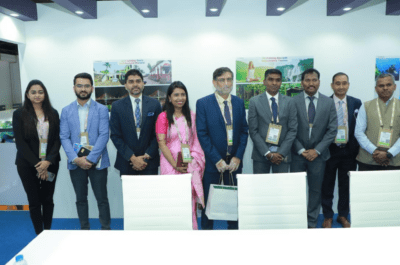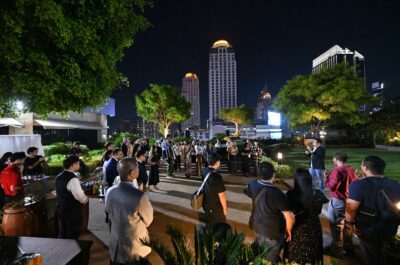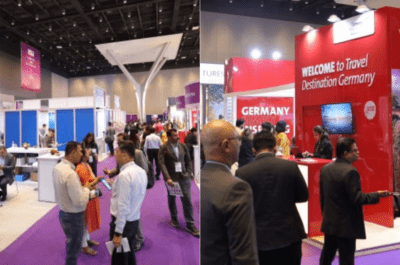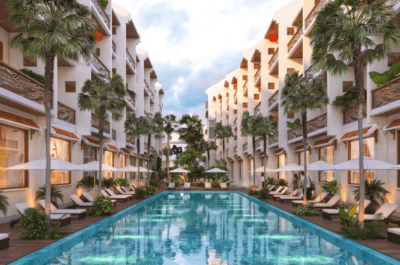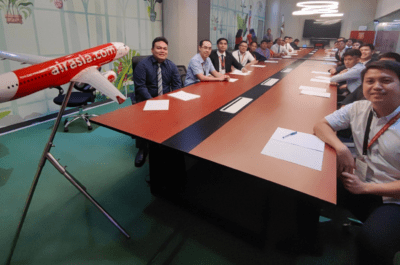The third ADB Transport Forum which is hosted in Manila from November 6 to 8 is an opportunity for Asia to look at sustainable alternative transport solutions if the continent wants to avoid a bleak future of congested roads, pollution, ill health and economic damage, warned the ADB (Asia Development Bank).
MANILA– What could be a better place to understand the damage caused by massive road congestion on the environment and qualify of life than Manila? Philippines’ capital is one of the most polluted metropolises in Asia as massive traffic jams blocked most of the days its streets.
Asia must scale up sustainable transport development or face a bleak future of congested roads, pollution, ill health and economic damage, which could have ripple effects around the world, a high level transport forum in Manila heard.
“The choice is to let unsustainable transport become entrenched with dire consequences for the economy, quality of life, health and climate change, or to begin making the changes needed for a sustainable transport future,” said Bindu Lohani, Vice President for Knowledge Management and Sustainable Development at the Asian Development Bank (ADB).
The third ADB Transport Forum focuses on “Inclusive and Sustainable Transport,” providing a platform for more than 400 global transport experts, civil society representatives, development partners and senior officials from developing member countries to discuss key regional transport challenges, share knowledge, and brainstorm ideas to improve the sector.
Booming cities and rising incomes are fueling a dramatic surge in vehicle fleets across Asia. In 1980, just one in 10 motorized vehicles in the world was in Asia, but by 2030 the region is expected to account for nearly half the global total. The epidemic of cars and trucks already weighs heavily, with Asia’s cities now suffering the highest air pollution levels in the world and traffic accidents in the region killing nearly 2,000 people a day.
Without a change in current transport development patterns in Asia, global carbon dioxide emissions and fuel prices will keep rising, with grim consequences for climate change, energy security, and economic growth.
Asia’s policymakers are already responding, with investments in railways and other non-motorized public transport, user friendly urban planning, and the adoption of efficiency measures like fuel economy standards for vehicles. However, Asia’s needs are vast, with estimated investments of $2.5 trillion required between 2010 and 2020 to help close the infrastructure gap in transport.
ADB has provided financing, knowledge, and capacity building support to help developing member countries scale up sustainable transport development. Its sector loans are around $3 billion a year and growing, including assistance for bus rapid transit systems in Bangladesh and People’s Republic of China (PRC), as well as metro rail lines in Vietnam.
It is also supporting climate change mitigation and adaptation measures like the planned development of inland waterways in the PRC to reduce road freight volumes; and cross border transport initiatives, including regional railways. By 2020 lending for roads is expected to be overtaken by investment in urban transport, railways and other subsectors.
Luc Citrinot a French national is a freelance journalist and consultant in tourism and air transport with over 20 years experience. Based in Paris and Bangkok, he works for various travel and air transport trade publications in Europe and Asia.


























